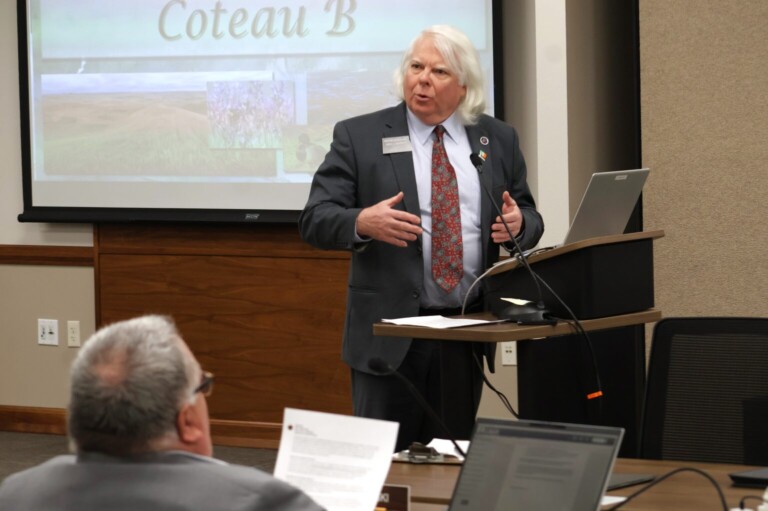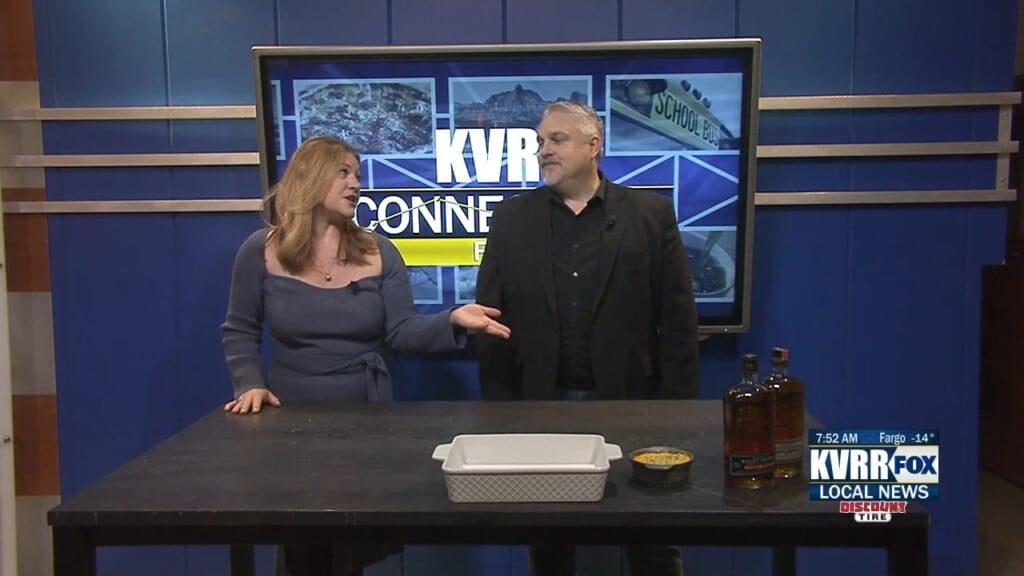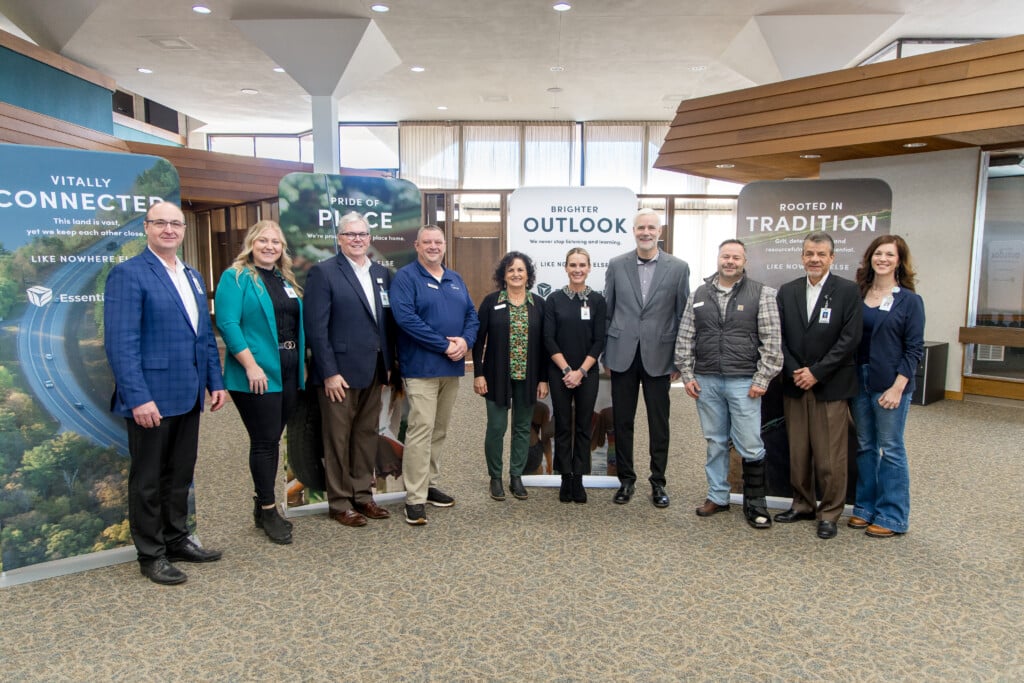Debate over public charter schools begins in North Dakota Legislature

BISMARCK, N.D. (North Dakota Monitor) — Class was in session Tuesday for lawmakers as they weighed the pros and cons of public charter schools in North Dakota.
Members of the House Education Committee held a public hearing on House Bill 1358, which would create a framework to establish public charter schools in North Dakota.
The bill’s chief sponsor, Rep. Eric Murphy, R-Grand Forks, said North Dakota is one of five states that doesn’t allow charter schools. He said he believes public charter schools would give parents and students more options in receiving a public education and introduce competition that should bring improvements to educational services.
“The idea behind this is to offer an option for parents to choose another route for educating their child,” Murphy said. He added the only other viable option besides public school in North Dakota is private school that can cost from $7,000 to more than $20,000 per year.
“How is that an option for parents in the lower socioeconomic part of our society?” he said. “What public charter schools do is they give those individuals that option at no additional cost.”
He said students on individual education plans could benefit from learning in a different environment and teachers would be given another option for employment that might better suit their teaching style.
James Meehan, CEO of Elevated Education, an organization with six charter schools in Arizona, testified remotely about the success those schools have seen in serving at-risk students, including some who had previously dropped out.
“It’s all about access and opening doors of opportunity for students that are struggling to thrive in the traditional school environment,” he said.

Michael Heilman, executive director for North Dakota Small Organized Schools, speaks during a committee hearing on Jan. 28, 2025. (Michael Achterling/North Dakota Monitor)
The bill would allow up to 27 public charter schools to be established by 2029, with the first 12 licensed in 2025-27 under the Department of Public Instruction. The charter schools would receive the same per-pupil payment from the state that public K-12 schools receive. New charter schools would be prohibited from receiving funds from local taxation and the state would not be responsible for school buildings or transportation of the students.
North Dakota Small Organized Schools, an association that represents more than 140 North Dakota schools, opposes the bill. Executive Director Michael Heilman said teacher shortages, especially in rural areas, would be amplified if charter schools begin popping up.
“If small schools lose a few students, that has a huge impact,” Heilman said. “I worry that charter schools, or additional schools, coming into situations are going to drain those resources that will have a negative impact on the students that we have a responsibility to in our public schools.”
North Dakota public schools already offer alternative and specialized learning environments, and those programs could be expanded, said Aimee Copas, executive director for the North Dakota Council of Educational Leaders, which opposes the bill.
“I question the need for this,” Copas said. “A harder push toward more schools getting actively involved in this activity is a far better use of taxpayer dollars than shifting it to another notion.”

Aimee Copas, executive director for the North Dakota Council of Educational Leaders, speaks during a committee hearing on public charter schools on Jan. 28, 2025. (Michael Achterling/North Dakota Monitor)
She said student flexible schedules, work-for-credit apprenticeship programs and the state’s 13 career and technical education academies are good examples of innovative public education solutions.
Copas also highlighted Mandan Public Schools, which already blended virtual and in-person learning and served as an example for other schools during the COVID-19 pandemic.
“You keep pushing the public schools to get better and that’s what we need,” Copas told lawmakers. “What we certainly don’t need is an about-face.”
No committee discussion or action was taken on the bill after the hearing.
Another public charter school bill is expected to have a hearing next week in the Senate.
Sen. Michelle Axtman, R-Bismarck, lead sponsor of Senate Bill 2241, said charter schools could improve workforce issues by creating educational pipelines into a career field.
“There’s health care centers that operate charter schools where students are earning their credentials to work in the health care field as a high school student while still maintaining their coursework as a high school student,” Axtman said.
She pointed out that North Dakota doesn’t have dual-language schools.
“These charter schools can come in and really innovate while still teaching to North Dakota requirements and standards, but provide all families and students some cool new options, which I think families are looking for today,” Axtman said.
Axtman also said, when rural school districts are under threat of closing, communities can come together and would have the option to convert to a public charter school.
“They have a lot more flexibility to operate that way and so sometimes it might be a positive for these rural communities to still maintain their local public school and operate it as a public charter,” she said. “If you look at studies from other states, it hasn’t crippled rural education.”
The Legislature also is expected to consider several other bills related to educational savings accounts or other forms of school choice.
(Story written by Michael Achterling – North Dakota Monitor)






